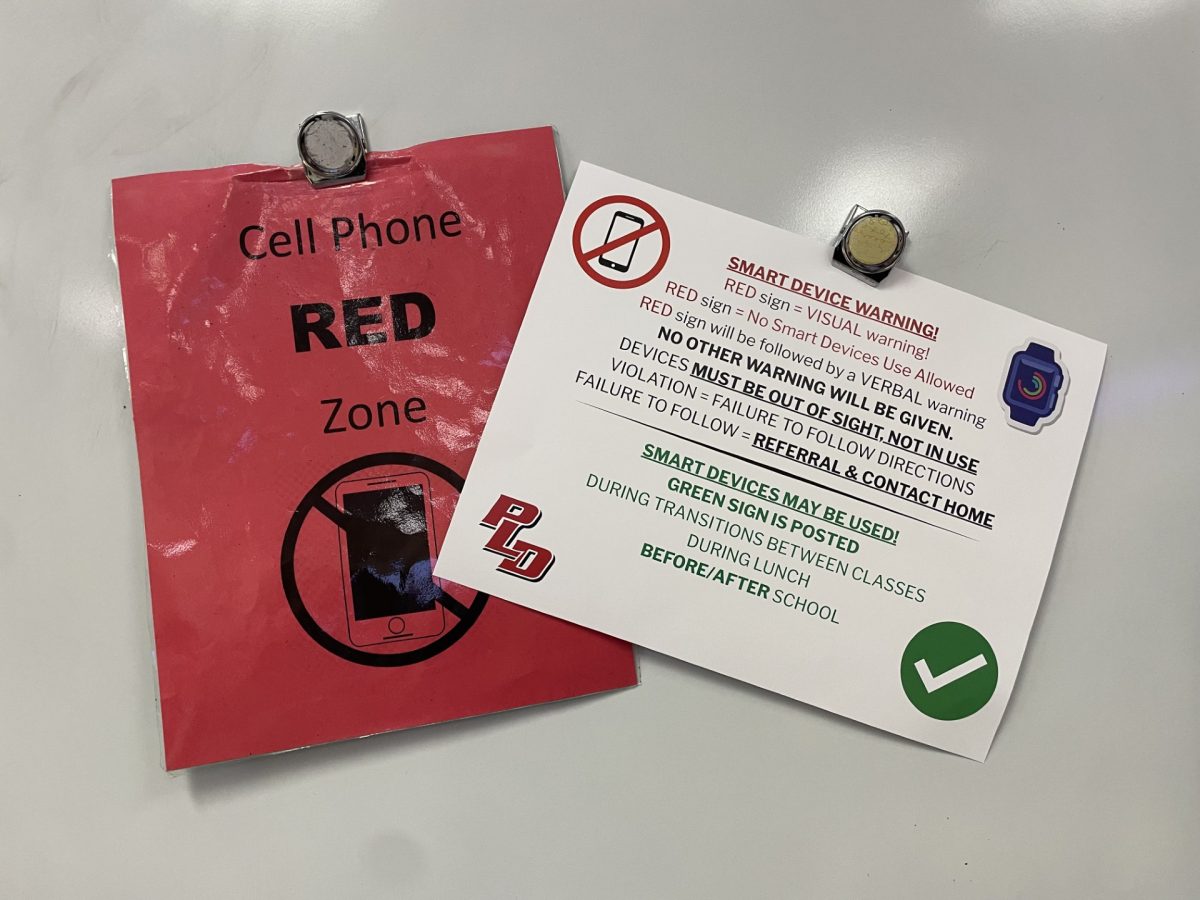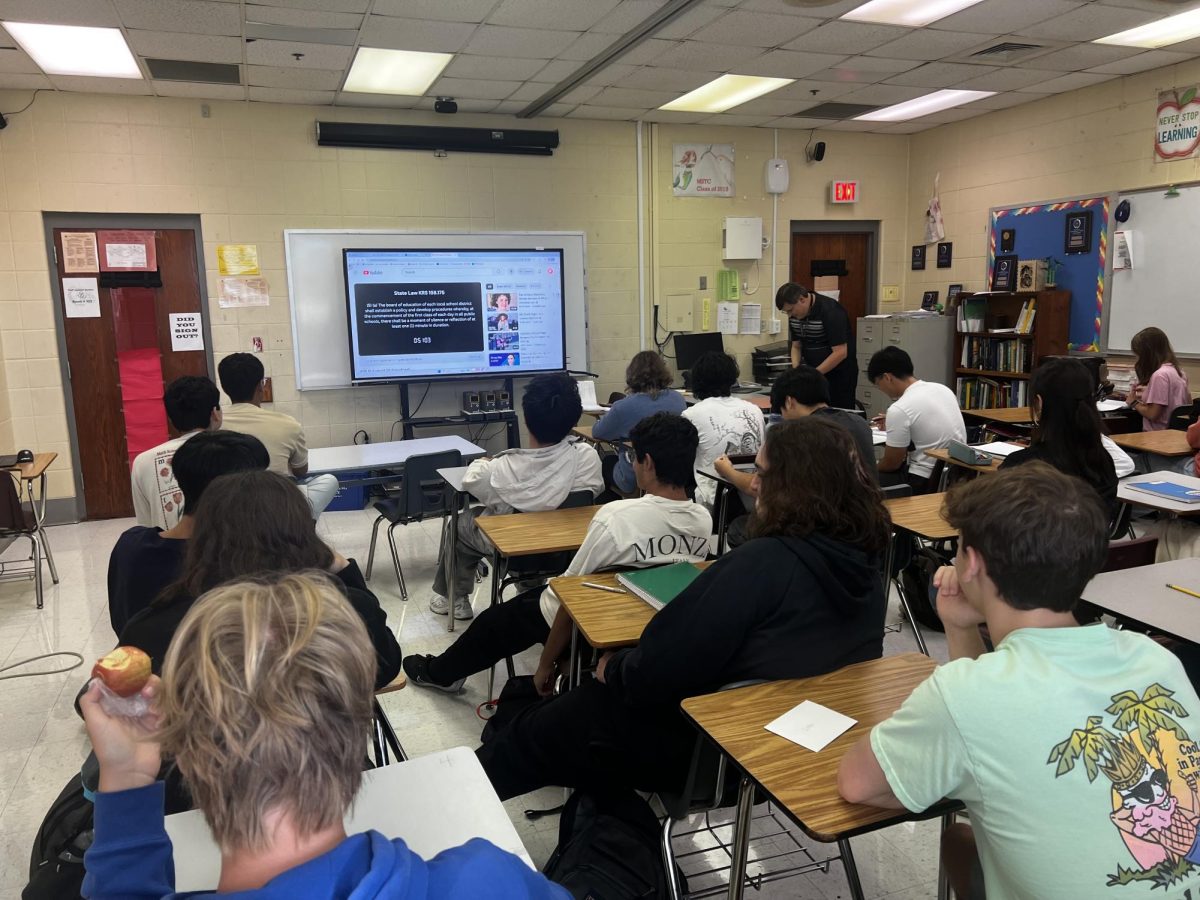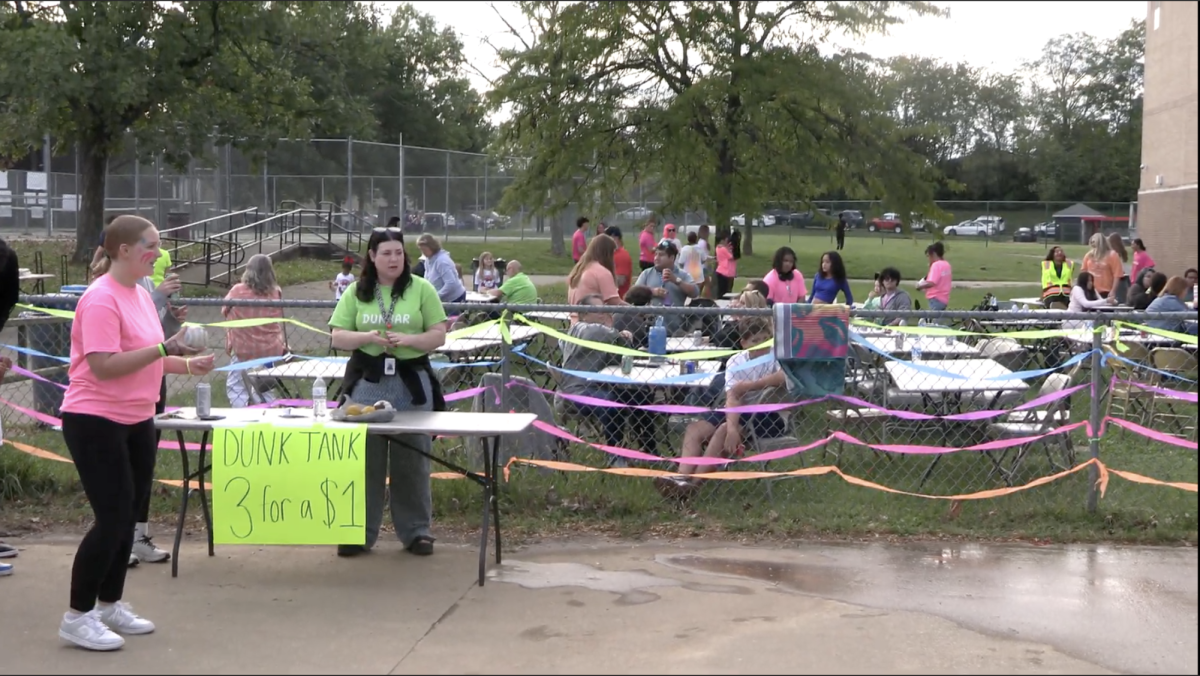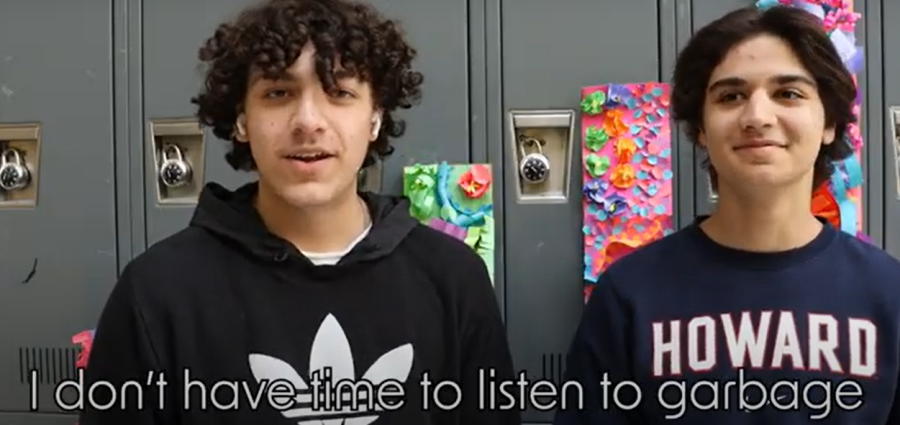For many future educators in Kentucky, the dream of teaching has always been more about purpose than paycheck. But recent legislative decisions are giving both current and aspiring teachers reason to think twice.
In 2010, HB 540 was a legislative attempt to stabilize Kentucky’s teacher pension system, which had been under threat of insolvency for several years. The bill, known colloquially as the “Shared Responsibility Bill,” required active teachers to pay 3.75% of their salary, retired teachers under the age of 65 to pay the equivalent of the monthly cost of Medicare Part B, and school districts to contribute 3% of their gross payroll to the Kentucky Medical Insurance Trust. This payment would be in addition to their existing contributions to the retirement system.
This money was meant to provide stability for the health benefits fund, but only until the fund became 100% solvent, meaning it had enough funding to meet all its current and future obligations. Once that happened, the bill stated that teacher contributions would be “decreased, suspended, or eliminated.”
Fast forward 15 years, and the health insurance fund is nearly 100% solvent. However, the 2025 Republican-led Legislature just extended Kentucky teachers’ shared responsibility through 2047 by passing House Bill 694. This bill states that teachers will continue to pay 3.75% of their salaries–not to the health insurance fund, but to the Teachers’ Retirement System.
On March 25, Governor Andy Beshear vetoed HB 694, stating, “House Bill 694 breaks a promise made to teachers in 2010 and does so without even giving them an opportunity for input.”
This bill has left many educators questioning the state’s commitment to their financial well-being.
“It’s kind of death by a thousand cuts,” English teacher Mr. Trevor Tremaine said. “They’re trying to slowly erode what currently exists for us.”
Governor Steve Beshear passed HB 540 in 2010, promising to fully fund retiree health insurance, but subsequent administrations have scaled back those promises.
“We protested, we worked, and there was a lot of work done to get that deal made,” Family and Consumer Sciences teacher Mrs. Shawna Pinson said. She is the sponsor of Dunbar’s chapter of Educators Rising, a national organization for aspiring teachers.
Both Mrs. Pinson and Mr. Tremaine said that they felt disappointed and frustrated by the legislature not being held accountable for the promise they made in 2010.
“We’re already short on teachers,” Mr. Tremaine said. “Now people are realizing that even if you get into the profession, you’re not protected. Your benefits can change overnight.”
Senator Reggie Thomas discussed the implications of HB 694.
“If your retirement possibilities are more than 15 years out, you’re still okay,” Sen. Thomas said. “If you’re going to retire in the next 5-7 years, then yes, there’s going to be a portion of time in which you won’t see as much money in your check as you otherwise would.”
Senator Thomas said that although he supported the Governor’s veto, he agreed with the sentiment of the bill.
“I fundamentally believe, as someone who’s fiscally conservative, that you want to make sure that your funding streams are solved and solid before you start giving people money to dispense,” he said.
Dunbar Media Arts teacher, Mrs. Wendy Turner, said that she is concerned.
“I’ve been paying into the teacher retirement system for 23 years as well as the additional 3.75% for the past 15,” she said. “I plan to retire in four years, so I guess I just don’t understand why my retirement pay is going to be less when I’ve kept my end of the deal.”
Senator Thomas said that he understands how teachers near retirement would be upset, but he said he hopes that won’t deter young people from going into the field of education.
“If you’re going into teaching today, in about 15 years, you’d have a fully solvent health insurance fund and retirement fund,” he said, “so it benefits young teachers.”
But Dunbar’s students who are considering teaching as a career are wary because not only does the goal post of retirement keep moving, but the current pay is also less than ideal.
“I’ve always loved working with kids,” said Dunbar senior Addy Sharp, who plans to study elementary education. “But I’m probably going to have to work another job just to afford to live.”
Sharp is one of several students who expressed concern about the financial realities of entering the teaching profession in Kentucky.
These students’ anxieties aren’t just about low salaries, but about a growing sense that long-promised retirement benefits may not be there when they need them.
“I’m scared the support is just going to be pulled out from underneath us, ” senior Lilli Robey said.
Robey, who is enrolled in the Experience-Based Career Education program at Dunbar, has spent all year in a first-grade classroom. She said she has seen how many resources are needed and how hard teachers work.
“Good teachers are essential, and Kentucky is not attracting them,” she said. However, Robey said she is still planning to enroll in the Elementary Education program at the University of Kentucky.
Moving forward, both current and future educators want to see a change.
“I would like to see a piece of legislation or a promise that really can’t be broken because teachers kind of keep seeing this again and again and again,” Mr. Tremaine said. “Contracts or promises from the state don’t seem to mean very much.”
He thinks the only way that can be achieved is through organization.
After the 2018 teacher protests that shut down schools and made national headlines, educators in Fayette County formed a local chapter of the American Federation of Teachers (AFT), now known as Kentucky 120 United. The group was officially recognized in 2022 and is part of the national AFL-CIO union.
Mr. Tremaine serves as a building liaison for AFT, so he understands what it means to fight for educators.
“I think that the only way we can get a binding promise out of anybody is a show of numbers and a loud enough voice and people that are willing to go to Frankfort and fight the fight,” he said.
English teacher Mr. Daniel Janbakhsh is also disappointed at what he sees as continual abuse and disrespect toward Kentucky teachers.
“I like to pretend like I’m surprised by anything anymore,” he said. “Whether it is a sewage bill or something like this, things kind of just get pulled out from under us.”
Senate Bill 151, known as the “Sewage Bill,” was protested by teachers in 2017. Ironically, the 505-page bill was dubbed by then-Governor Matt Bevin as “Keeping a Promise.”
During the state-wide protests at that time, the FCPS Superintendent, Mr. Manny Caulk, sent a message to FCPS employees that read: “The unpredictability of what may lie ahead makes it critical that we pay attention. We recognize that the current bill further victimizes employees for a problem they did not create. As the picture becomes clearer, we’ll be able to better determine how to use our collective voice to have the greatest impact if and when a special session is held.”
Years later, aspiring Kentucky teachers are watching.
Senior Kate Bryant is worried about what will happen if she becomes an educator.
“It feels unreliable,” she said. “If they broke this promise to my teachers, who is to say that they won’t break a promise to me if I become a teacher?”


























